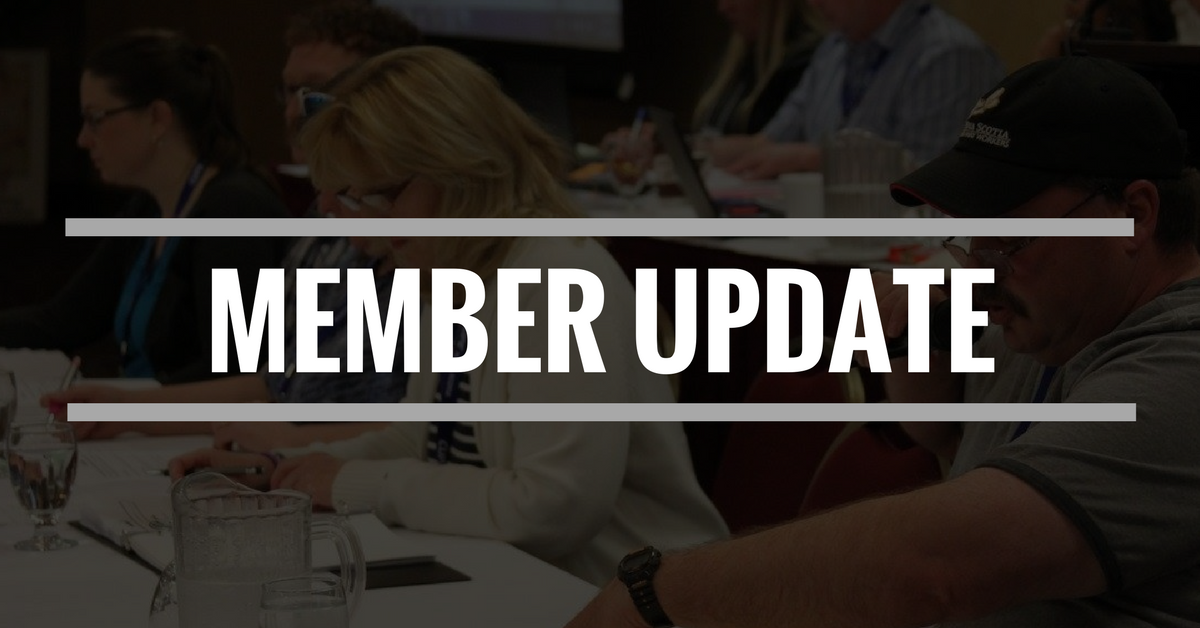Trampling on Freedom of Association: The arrogance of Stephen McNeil
The McNeil Government is failing Nova Scotians by not asking the courts to test all of Bill 148 against the constitution, says CUPE Nova Scotia President Nan McFadgen. On August 22, the McNeil Government referred parts of Bill 148, the Public Services Sustainability Act, to the Nova Scotia Court of Appeal to determine the constitutionality of the legislation. However, the government only asked the court to review sections seven through 19. They excluded asking for a review of section 20 and 21 that include freezing the long-service award and strips it from future employees. “How can the Premier expect anyone to have confidence is this piece of legislation if he is unwilling ask the courts for a constitutional review of all of it?” asks McFadgen. “He is clearly afraid of testing legislation that causes harm to tens of thousands of workers and their families.” “The Premier should not cherry-pick which … Read more…


